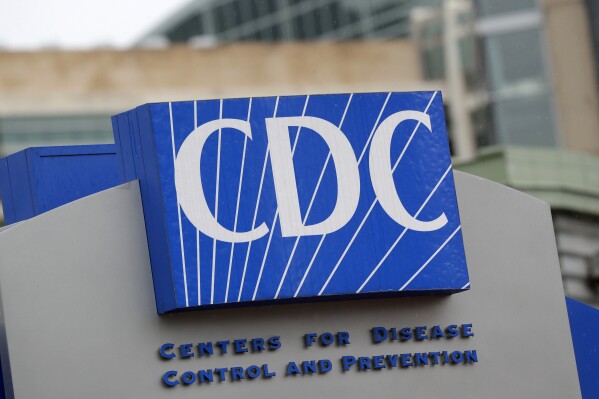Exposure to "forever chemicals" during pregnancy could increase the risk of obesity and its health consequences, according to a new study conducted over two decades.
Commonly known as "forever chemicals" because they can take 1,000 years to break down, per- and polyfluoroalkyl substances (PFAS) are a group of synthetic chemicals that are widely used in consumer products, such as non-stick cookware, dental floss, and clothing.
They can pollute the environment and accumulate in body tissue, sparking concern over the potential health risks.
Related- How to avoid 'forever chemicals': 5 items you should stop using to minimise exposure to PFAS
Now, evidence is growing that exposure to PFAS during pregnancy can affect women’s health later in life.
The new analysis included 547 women in the US who were early on in their pregnancies, had no history of diabetes, and had six types of PFAS identifiable in pregnancy plasma samples, including the common PFOS chemical, which makes products stain and grease-resistant.
When researchers followed up with the women 17.7 years later, on average, they found that women who had higher levels of two types of PFAS tended to weigh more and have more body fat than those with lower levels of PFAS.
That could put these women at greater risk of obesity and related chronic conditions, such as heart disease and cancer, researchers said.
Related- Prenatal exposure to 'forever chemicals' may increase obesity and hypertension risk in children
Link between PFAS and cancer
"Our study supports the idea that pregnancy may be a sensitive period of PFAS exposure as it may be associated with long-term weight gain and subsequent adverse cardiometabolic health outcomes in women," Jordan Burdeau, one of the study’s authors and a PhD researcher studying epidemiology at Harvard University, said in a statement.
Other studies have shown a connection between PFAS and thyroid disease, liver damage, some types of cancer, developmental issues for babies, and other health issues. And in analyses of the same cohort, Burdeau’s colleagues found that PFAS exposure was tied to a higher likelihood of high blood pressure during pregnancy.
The study does have some limitations, namely that the small sample mostly included highly educated and white women in the US, which means the findings may not map perfectly onto other patient groups, the study authors said.
Related- Can't get pregnant? PFAS chemicals in household products may be slashing women's fertility by 40%
Researchers also collected women’s plasma samples from 1999 to 2002, before some PFAS were phased out.
Notably, PFOS has been restricted in the European Union for over a decade, though it has not been totally eliminated.
Despite the study’s limitations, Burdeau said the findings "may improve understanding of the effects of PFAS on cardiometabolic health during pregnancy, which in turn may improve early prevention or detection of adverse cardiometabolic health outcomes in women".
Disclaimer: The copyright of this article belongs to the original author. Reposting this article is solely for the purpose of information dissemination and does not constitute any investment advice. If there is any infringement, please contact us immediately. We will make corrections or deletions as necessary. Thank you.




